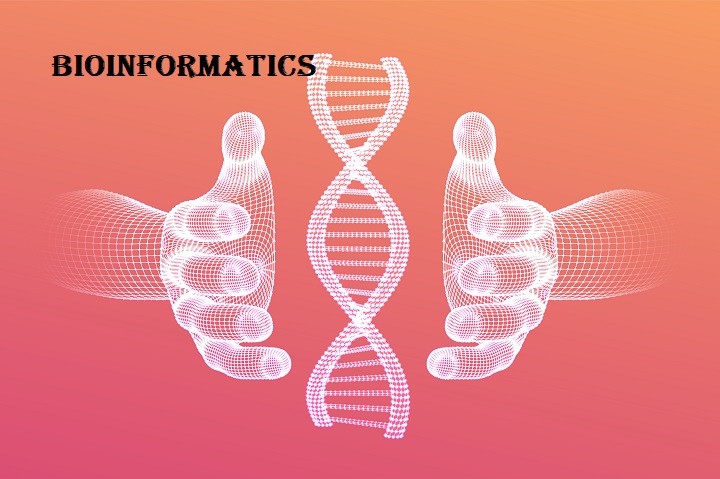Metabolomics: The Future is Here

Metabolomics is the scientific study of chemical processes involving metabolites, the small molecule substrates, intermediates and products of cell metabolism. Specifically, metabolomics is the "systematic study of the unique chemical fingerprints that specific cellular processes leave behind", the study of their small-molecule metabolite profiles.
Epigenomics - Future Medicine
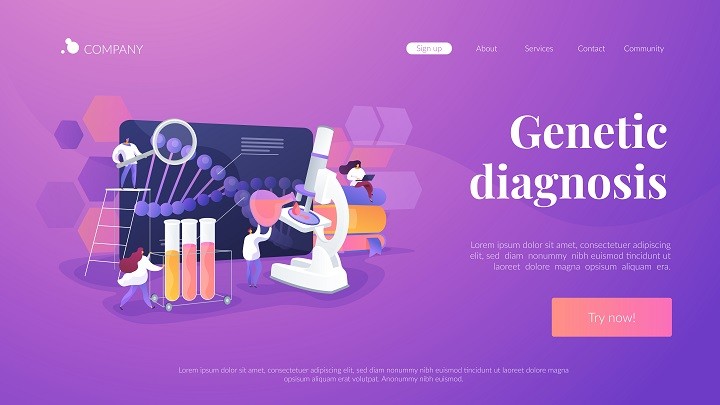
Epigenomics is the study of the complete set of epigenetic modifications on the genetic material of a cell, known as the epigenome. The field is analogous to genomics and proteomics, which are the study of the genome and proteome of a cell.
Genome Editing & Applications: Are We Ready for the Next Frontier?
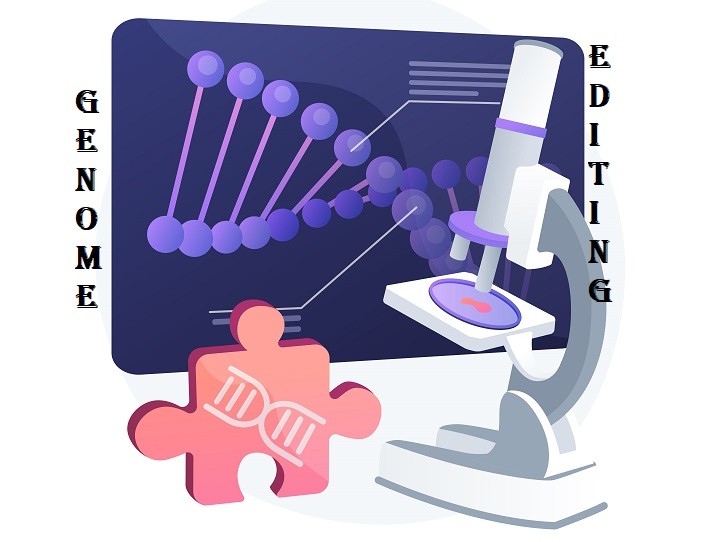
Genome editing, or genome engineering, or gene editing, is a type of genetic engineering in which DNA is inserted, deleted, modified or replaced in the genome of a living organism. Unlike early genetic engineering techniques that randomly inserts genetic material into a host genome, genome editing targets the insertions to site specific locations.
Translational Bioinformatics: Data Science and Knowledge Representation in Healthcare

Translational Bioinformatics (TBI) is a relatively new field that surfaced in the year of 2000 when human genome sequence was released. The commonly used definition of TBI is lengthy and could be found on the AMIA website.
CRISPR - What is Cas9 ?
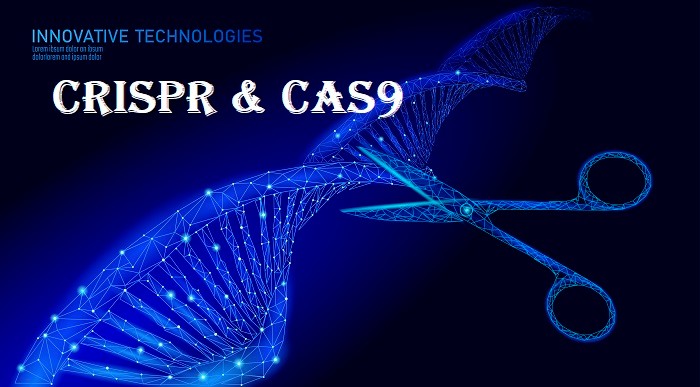
CRISPR is a class of DNA sequences detected in the genomes of prokaryotic organisms, such as bacteria and archaea. These sequences are obtained from DNA fragments of bacteriophages that had earlier infected the prokaryote. They are used to identify and suppress DNA from similar bacteriophages through subsequent.
Bioinformatics Tools for Proteomics Research

Much proteomics data is collected with the help of high throughput technologies such as mass spectrometry and microarray. It would often take weeks or months to analyze the data and perform comparisons by hand.
Frontiers in Genetics | Epigenomics

Epigenomics is the study of the complete set of epigenetic modifications on the genetic material of a cell, known as the epigenome. The field is analogous to genomics and proteomics, which are the study of the genome and proteome of a cell.
Entering the Modern Era of Gene Therapy
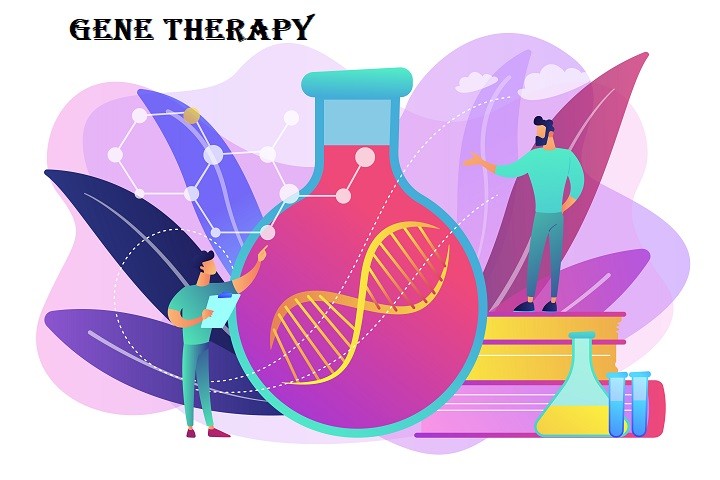
The ideal gene therapy practice is that which replaces the defective gene with a normal allele at its natural location. This is advantageous over a virally delivered gene as there is no need to include the full coding sequences and regulatory sequences when only a small proportions of the gene needs to be altered as is often the case. The expression of the partially replaced genes is also more consistent with normal cell biology than full genes that are carried by viral vectors.
Microbiology: The Microbial Sciences

Microbiology is the study of microorganisms, those being unicellular (single cell), multicellular (cell colony), or acellular (lacking cells). Microbiology encompasses numerous sub-disciplines including virology, bacteriology, protistology, mycology, immunology and parasitology.
